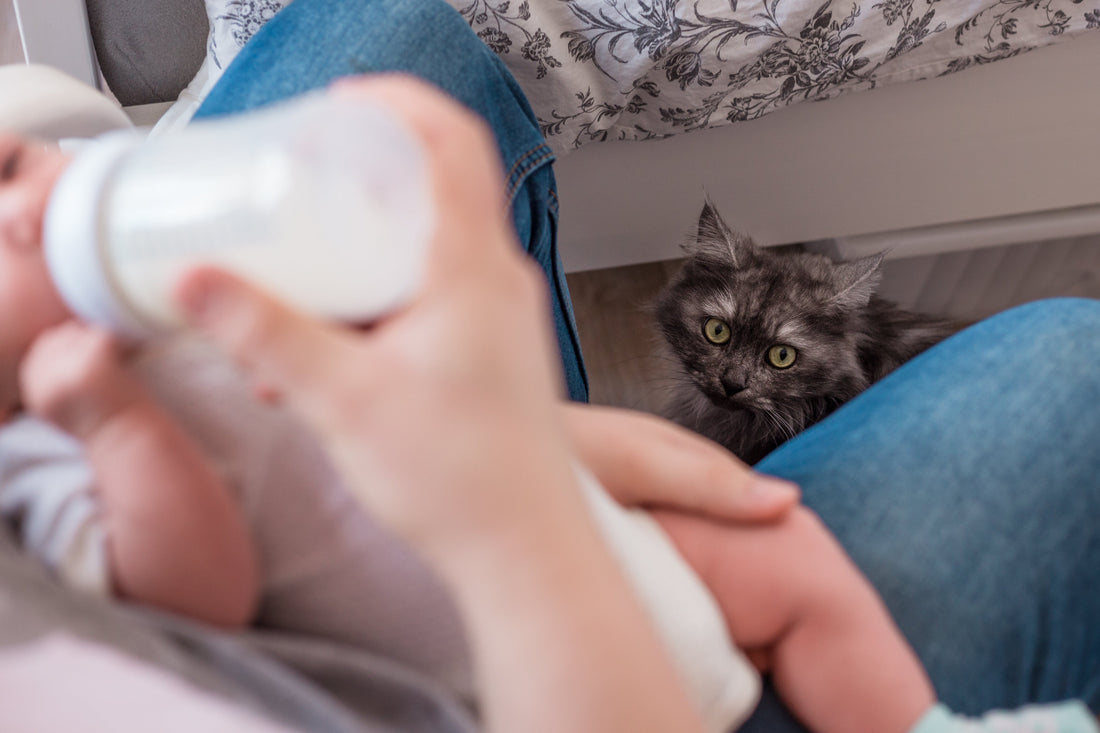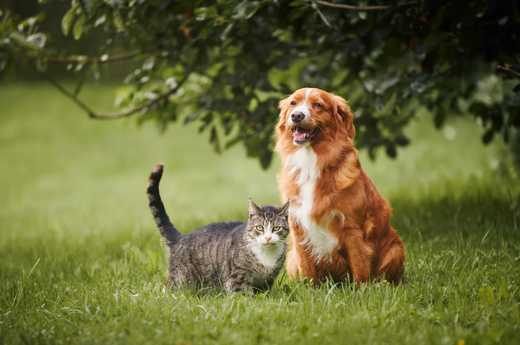Introducing a new pet or family member into your home can be an exciting time, but it can also cause feelings of jealousy in your existing pets. Understanding how to help your pets adjust to these changes is crucial for maintaining harmony and ensuring everyone feels comfortable and loved.
Recognising Signs of Jealousy in Pets
Behavioural Changes
Jealousy in pets can manifest through various behavioural changes. These may include:
- Aggression: Growling, hissing, or biting directed at the new addition or even at you.
- Withdrawal: Hiding or avoiding interaction with family members.
- Clinginess: Seeking constant attention and becoming overly affectionate.
- Destructive Behaviour: Chewing, scratching, or other destructive actions.
Physical Symptoms
In some cases, jealousy can also lead to physical symptoms in pets, such as:
- Loss of Appetite: Refusing to eat or showing less interest in food.
- Excessive Grooming: Licking or grooming themselves more than usual, sometimes to the point of creating bald spots.
- Stress-Related Illnesses: Vomiting or diarrhoea due to stress.
Recognising these signs early can help you address jealousy before it escalates.
Preparing for the New Addition
Gradual Introduction
One of the most effective ways to help your pet adjust to a new addition is through gradual introduction. This method can reduce anxiety and allow your pet to become accustomed to the new family member at their own pace.
- Separate Spaces: Initially, keep the new addition in a separate room or area of the house. This allows your existing pet to become aware of the newcomer without feeling threatened.
- Scent Exchange: Swap bedding or toys between the new addition and your existing pet to help them get used to each other's scents.
- Short, Supervised Meetings: Gradually introduce your pets through short, supervised meetings. Keep these interactions positive and reward calm behaviour with treats and praise.
Maintaining Routine
Maintaining your pet’s routine during this transition period is crucial. Pets thrive on consistency, and sticking to their regular feeding, walking, and play schedules can help them feel secure and less stressed.
Positive Reinforcement
Positive reinforcement is a powerful tool in helping pets adjust to changes. Reward your pet with treats, praise, and affection for displaying calm and positive behaviour towards the new addition. This reinforces the idea that good things happen when a new family member is around.
Creating a Peaceful Environment
Safe Spaces
Ensure that each pet has their own safe space where they can retreat and feel secure. This could be a cosy bed, a designated room, or a quiet corner. Having a personal space can help reduce stress and prevent conflicts.
Equal Attention
Make sure to give your existing pet plenty of attention and reassurance. Spend quality time with them, engage in their favourite activities, and ensure they don’t feel neglected. Balanced attention can mitigate feelings of jealousy.
Addressing Jealousy Issues
Redirecting Negative Behaviour
If your pet displays negative behaviour towards the new addition, redirect their attention to a more positive activity. This could be playing with a favourite toy, going for a walk, or practising obedience commands.
Seeking Professional Help
In cases where jealousy leads to severe behavioural issues, seeking the help of a professional pet behaviourist or trainer may be necessary. They can provide tailored strategies and support to address and resolve these challenges.
Preventing Future Jealousy
Consistent Training
Ongoing training and socialisation are key to preventing future jealousy. Teach your pet basic commands and social skills to help them adapt to changes more easily.
Monitoring Health
Regular vet check-ups ensure your pet’s physical and mental health is monitored. Sometimes, underlying health issues can contribute to behavioural changes, and addressing these can help reduce jealousy.
Gradual Adjustments
For any future changes in the household, continue to use gradual adjustments. Whether it’s introducing a new pet, a baby, or even a new roommate, the same principles of gradual introduction, positive reinforcement, and maintaining routine apply.
Ensuring Long-Term Harmony
Helping pets adjust to new additions in the household requires patience, understanding, and proactive measures. By recognising signs of jealousy, preparing adequately, and using positive reinforcement, you can create a peaceful environment where all family members feel secure and loved.
At Healthy Pet Co., we are committed to supporting you with expert advice and high-quality products to make transitions smoother for your pets. Visit our blog for more tips on pet health and behaviour, and explore our range of vet-approved products to help your pets thrive.




